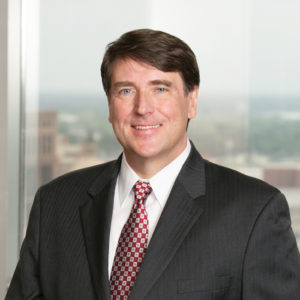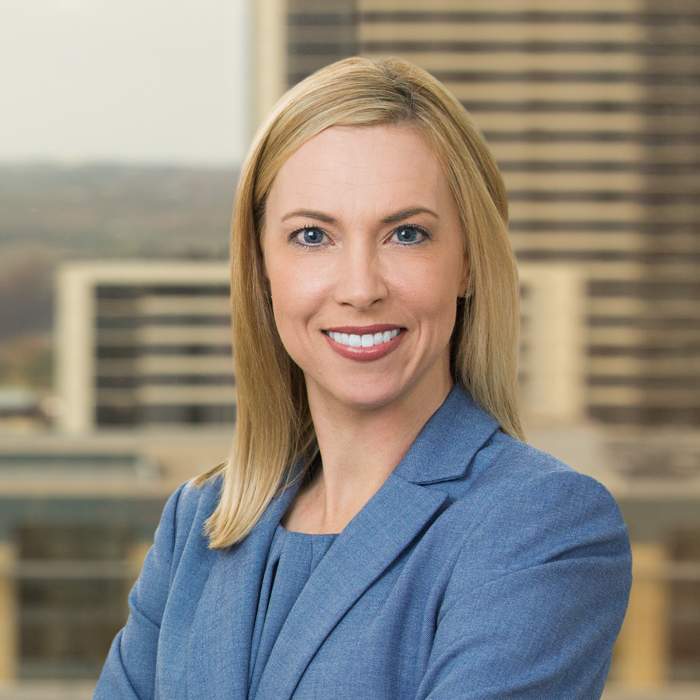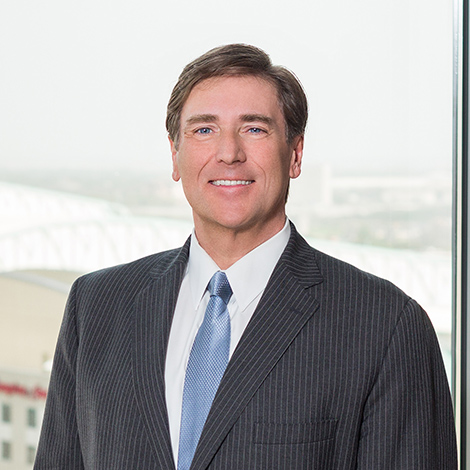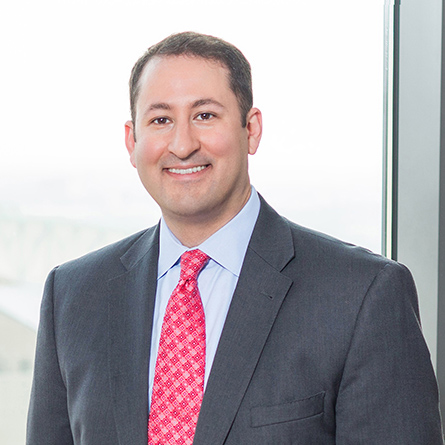 Houston partner John K. Edwards argued before the Texas Supreme Court in September 2016 on behalf of a newspaper and reporter in an important libel case that started in 2003 concerning an article published in a Fort Bend County newspaper. The case, Brady v. Klentzman et al., which Jackson Walker has handled on a pro bono basis since its inception, involved an article that reported on certain allegedly questionable actions taken by the plaintiff’s father, a public official who at the time served as Chief Deputy of the Fort Bend County Sheriff’s Department, related to his son’s encounters with law enforcement, including repeated meetings with the officers involved in issuing a Minor-in-Possession ticket to the plaintiff, Wade Brady. The article also referenced two other law enforcement encounters by Wade Brady and the Chief Deputy’s connection to those encounters.
Houston partner John K. Edwards argued before the Texas Supreme Court in September 2016 on behalf of a newspaper and reporter in an important libel case that started in 2003 concerning an article published in a Fort Bend County newspaper. The case, Brady v. Klentzman et al., which Jackson Walker has handled on a pro bono basis since its inception, involved an article that reported on certain allegedly questionable actions taken by the plaintiff’s father, a public official who at the time served as Chief Deputy of the Fort Bend County Sheriff’s Department, related to his son’s encounters with law enforcement, including repeated meetings with the officers involved in issuing a Minor-in-Possession ticket to the plaintiff, Wade Brady. The article also referenced two other law enforcement encounters by Wade Brady and the Chief Deputy’s connection to those encounters.
In a 5-4 opinion authored by Justice Devine, the Texas Supreme Court on January 27, 2017, affirmed the decision of the Houston First Court of Appeals, holding that the trial court erred by ruling that the speech at issue related only to private concerns, not matters of public concern, which led to errors in the jury charge by failing to require the plaintiff to prove falsity and actual malice to recover punitive damages. The case was remanded for a new trial with a constitutionally-compliant jury charge. The Court declined to reverse and render judgment in favor of the newspaper and reporter, which would have ended the 13-year-old case, holding that sufficient evidence of actual damages was presented at trial.
A dissenting opinion, authored by Chief Justice Hecht and joined by three other justices, would have gone further. The dissent took issue with the majority’s analysis of the damages question, arguing that there was insufficient evidence of actual damages as a matter of law. Thus, the dissenting justices would have reversed and rendered judgment for the media defendants.
“All in all, today’s opinion is a victory for free speech rights in Texas,” commented lead JW partner John K. Edwards. “The Court recognized the importance of allowing robust speech on matters of public concern, and appropriately concluded that the article in question involved such matters, requiring the plaintiff to prove falsity and, to recover punitive damages, actual malice. Accordingly, the jury was not property instructed, and a new trial is required. While we are disappointed that the Court did not go further and render judgment in favor of our clients on the damages question, there remains an opportunity to obtain that ultimate result.”
Key Press Coverage
*Subscription may be required to view articles
Meet Our Team
John K. Edwards represents clients in complex commercial and tort-based litigation (trial and appellate in both state and federal courts). He brings value to his clients through effective advocacy skills, sound legal analysis, good judgment, and adherence to the highest standards of professionalism. Luke Gilman has developed particular areas of expertise in First Amendment and defamation litigation, international and domestic arbitration, and technology-related disputes and investigations, in addition to a general commercial and contract litigation practice. Amanda Bush represents clients in a variety of litigation matters including complex commercial matters, intellectual property, and media and First Amendment.


